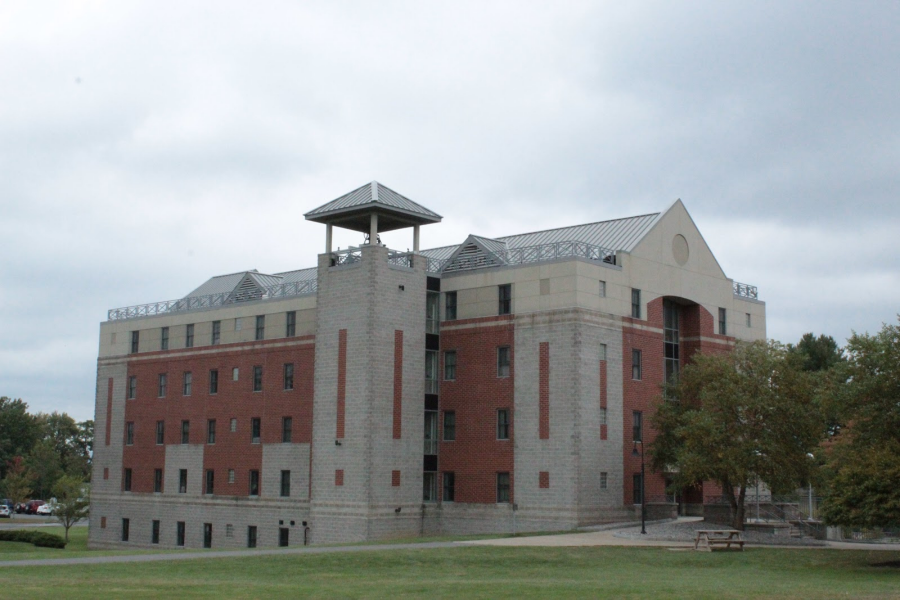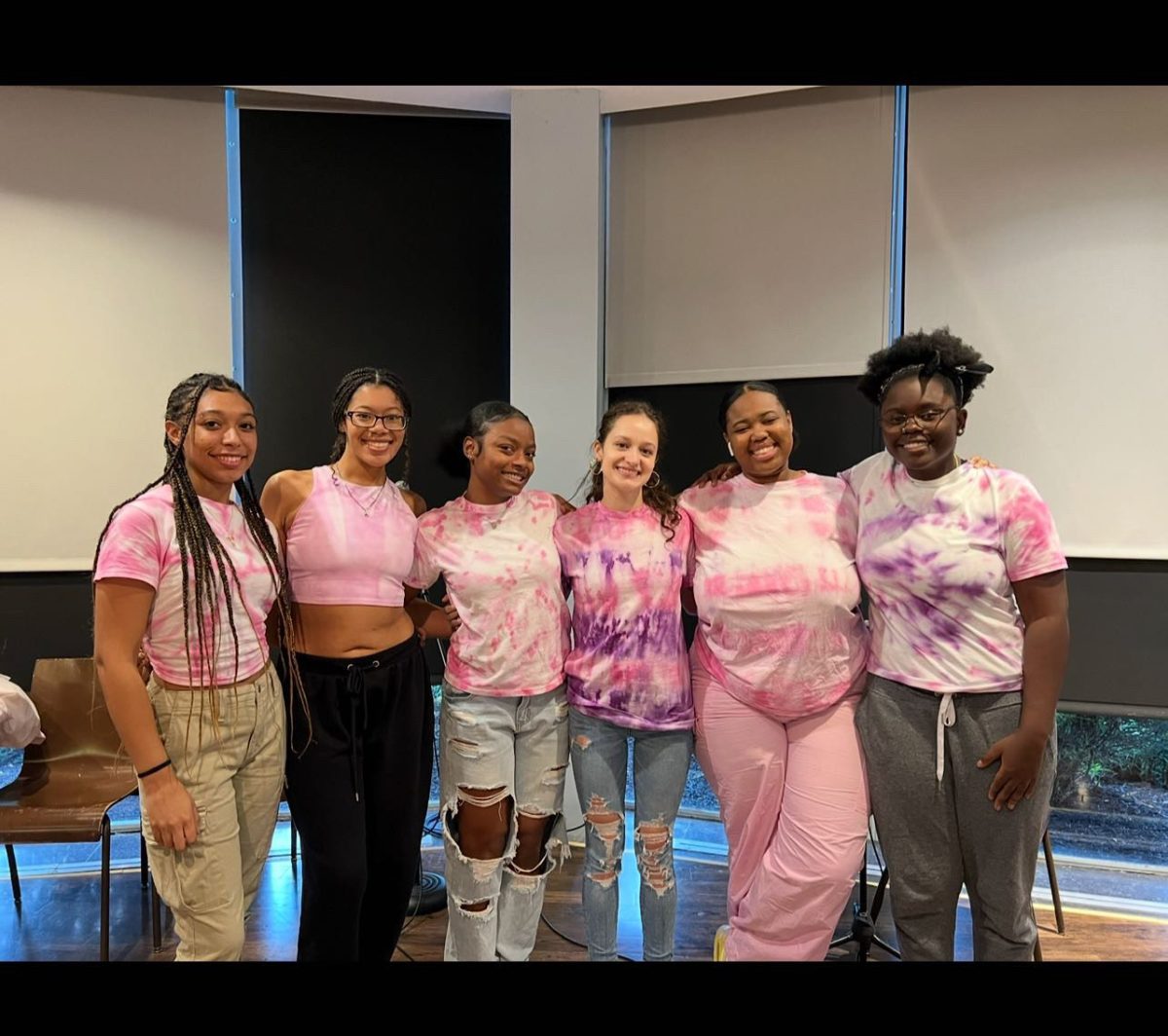The reopening of the residence halls has come with new policies and restrictions. For students, they are at most an inconvenience, but for resident assistants and area coordinators, the new norm has completely changed the way they have to do their jobs.
Lauren Waszkiewicz, area coordinator for Tower, Bell and Alumni Halls, cites mask wearing as the most important rule to follow if students want on-campus living to remain an option. Masks are mandatory in all residence halls unless a student is in their own living space.
“The facts clearly show that wearing a mask is the most effective way of decreasing the risk and spread of coronavirus,” Waszkiewicz said.
Junior Carin Smida, a resident assistant for Tower Hall, agrees with this verdict noting that the goal of making it to November starts with following common precautions.
“Unless people follow the rules, I don’t see things going back to normal,” Smida said. “The numbers are going up, so people really need to wear masks and social distance, or things won’t change.”
Another big change from previous semesters is the restriction of guests. Students are not allowed to visit friends in other residence halls, nor are off-campus guests allowed into any residence hall.
“Having no guests is difficult for students, particularly students in Bell, Tower, Alumni and Boehlert, where they’re already a bit more isolated than other halls are,” Waszkiewicz said. “Also, without the events and programs happening face-to-face, people have to be in front of their computer screens a lot more, which can be very socially isolating.”
Waszkiewicz also explains that her own interactions with students are limited due to the directions given to staff to hold the majority of their meetings with students virtually.
On the other hand, Senior Stephanie González, a resident assistant for Bell Hall, finds that she’s closer now to her residents than she has been in past times.
“I see almost all my residents daily, and while I may not know what they look like behind their masks, I know their personalities,” she said. “We all get along and I feel more connected to my residents now than last year. Maybe it’s because we’re inside all the time and I see them and run into them more often.”
Another difficulty that the pandemic has introduced is coming up with ways to engage and connect students with one other.
“It’s really difficult for our RAs who are trying to engage students, while still being responsible when it comes to new policies,” Waszkiewicz said. “Events end up being grab and go or virtual. The RAs are trying to do more individual conversations and check-ins on students, so that way, we can make sure everybody is doing okay as best as we can while still being safe.”
Smida adds that events are all a lot less social than students and RAs alike would prefer. González, on the other hand, said compared to last semester, things are quite different.
“This year almost everything is low to no in-person contact,” González said. “It is really difficult to come up with events that are COVID friendly and are still entertaining.”
Neither Waszkiewicz, González nor Smida see the restrictions lifting any time in the near future.
Smida says that she thinks that it’s going to be a while before things look more normal, but hopes that by the spring semester, if people follow rules, students will be able to have guests from other residence halls at least.
“Restrictions and policies will shift and change based on numbers at UC specifically, and we do want to adjust things to be more flexible, it’s just based on students willingness to follow policies to keep our numbers down and to keep each other safe,” Waszkiewicz said. “We want our students to be safe and healthy, and that’s the main priority here.”






































































































































